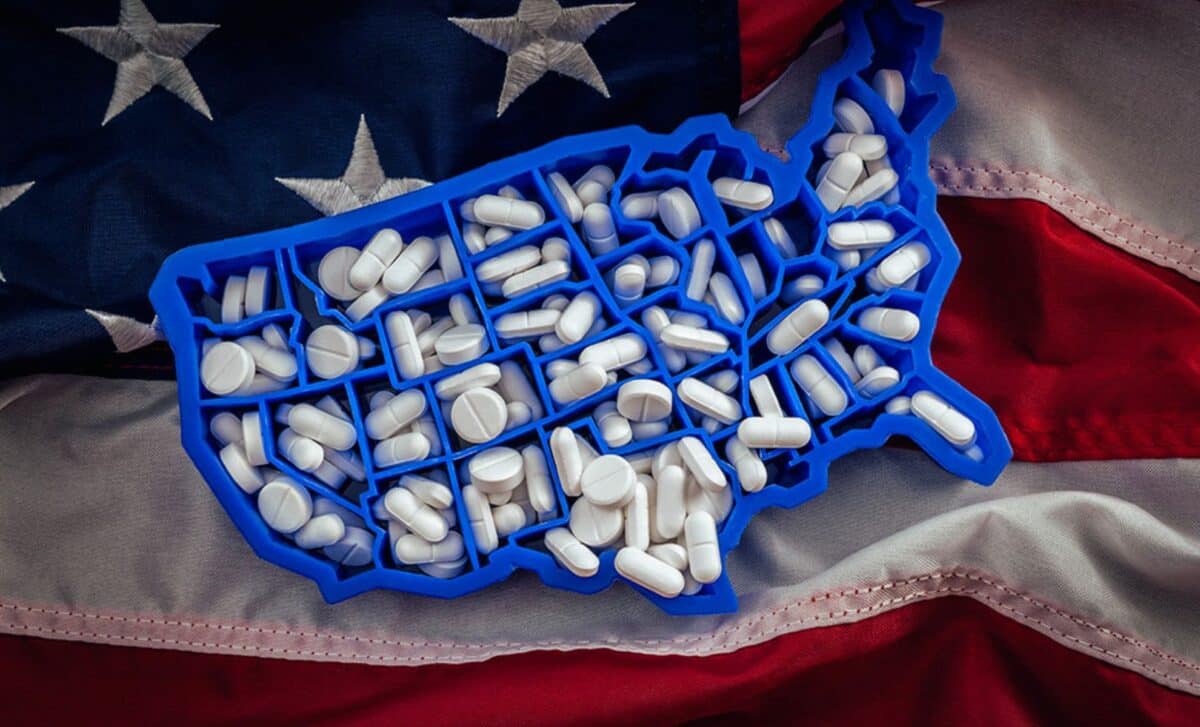President Donald Trump has signed a wide-reaching executive order directing changes to the way Medicare negotiates prescription drug prices. The move seeks to address a long-standing complaint by the pharmaceutical industry, which claims current rules unfairly penalise certain types of medication.
The order also attempts to reintroduce healthcare cost control measures from Trump’s first term, including support for drug importation and price alignment across treatment settings. Although the order cannot unilaterally change existing legislation, it signals a renewed push to influence federal health policy ahead of upcoming negotiations in Congress.
Targeting the ‘Pill Penalty’ and Aligning Biologics With Small Molecule Drugs
A central provision of the order seeks to eliminate what the pharmaceutical industry calls the “pill penalty”. This refers to the Inflation Reduction Act’s provision that allows small molecule drugs, such as tablets and capsules, to become eligible for Medicare price negotiation four years earlier than more complex biologic drugs.
Under current law, small molecule drugs are subject to negotiation after nine years on the market, while biologics face negotiation after thirteen years.
The executive order instructs Health and Human Services Secretary Robert F. Kennedy Jr. to work with Congress to bring both drug types under the same timeline.
Industry representatives argue that the existing disparity disincentivises the development of small molecule treatments, which often serve larger patient populations. The administration echoed these concerns, stating that the imbalance “exacerbates incentives that already too often push companies to invest in large molecule drugs”.
Legislation reflecting this goal has already been introduced in both chambers of Congress, although it remains unclear whether it will receive bipartisan support.
Reviving Import Schemes and Levelling Medicare Reimbursement Rates
Beyond drug pricing timelines, the executive order revives key aspects of Trump’s earlier health policy agenda. Notably, it calls on the Food and Drug Administration (FDA) to simplify the approval process for states seeking to import prescription drugs from Canada.
According to reports, Florida is the only state to have received FDA approval so far, despite applications from several others.
The order also calls for reforms in site-neutral payments, a policy that would equalise Medicare reimbursements across treatment locations, including hospitals and outpatient clinics. Such differences in payment structures can result in up to a 35% cost disparity for the same drug administered in different settings.
In addition, the directive outlines a plan to conduct a nationwide survey of hospital drug acquisition costs, potentially paving the way for new rules to align Medicare payments more closely with hospitals’ actual expenses.









